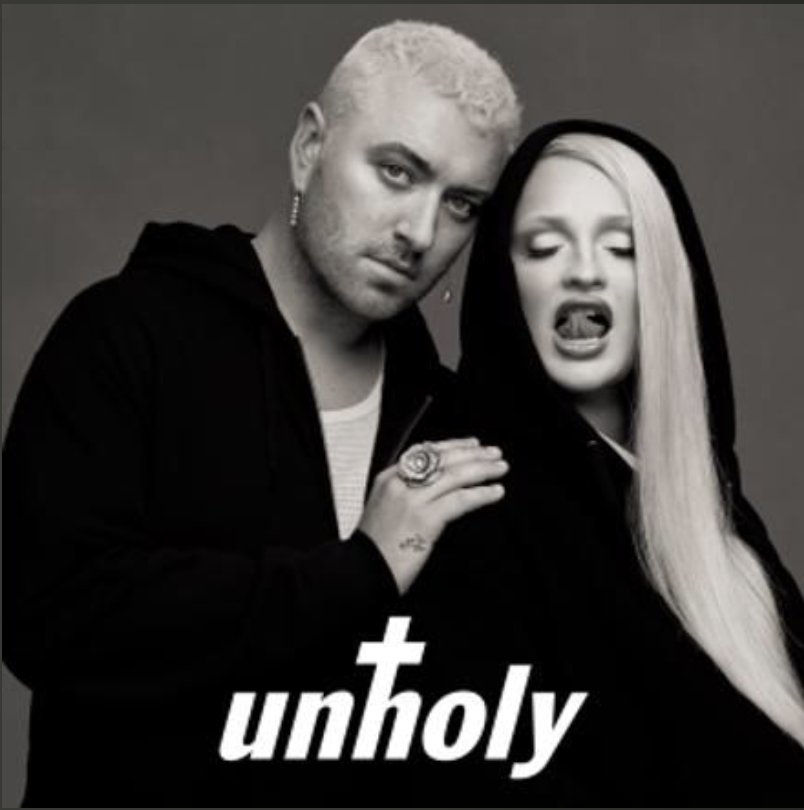

Across countries, socioeconomic classes, sexualities, and races, pop music has long been the sound of the masses. No matter where you go or who you talk to, people find commonality in the music of pop superstars. Icons like The Beatles and Michael Jackson are just as likely to be played at a Japanese bar as they are at an American barbecue.
Surprisingly, the endless success of pop stars hasn’t traditionally led to a ton of diversity in the industry. Pop stars are engineered to have commercial appeal, and though they are consistently popular within the LGBTQ+ community, they haven’t traditionally been a part of it. Luckily, that seems to be changing.
In the last decade, LGBTQ+ pop stars have begun to share their identities with fans and media—openly and unapologetically. Where older generations typically waited until they’d reached success to explicitly address their sexuality (Elton John, Madonna, George Michael), newer pop stars are happy to discuss it from day one.
Wizards of Waverly Place and Scooby-Doo actress Hayley Kiyoko was one of the first in her generation of pop stars to openly embrace her lesbian identity. In her early 20s, Kiyoko came out via her 2015 single, “Girls Like Girls.” Her decision to clearly embrace her truth as a former “Disney kid,” proved that transparency could work for child stars ready to share their full selves with fans. Fellow child actors Demi Lovato and Miley Cyrus have followed similar paths, discussing their sexuality without reservations throughout their adult music careers.
When Gen Z phenomenon, Chappell Roan (lovingly dubbed the next “queer pop superstar”) began to gain popularity, she loudly addressed her lesbian identity from stage. From the moment she burst onto the scene, she’s left little doubt about her queerness. Her debut album, The Rise and Fall of a Midwest Princess, takes listeners along for a sapphic tryst in “Red Wine Supernova.” Newer singles, released after the album, are even more blatantly sapphic—”Good Luck, Babe!” tackles the emotional devastation caused by compulsory heterosexuality, and “The Giver,” is a bawdy track about topping other women.
Roan’s success paves the way for others like her, unwilling to hide who they are at any point in their careers. Her sexuality hasn’t slowed her rise to fame, in fact her authenticity has only helped her rise. In 2024, she broke the attendance record at Lollapalooza Chicago, drawing a breathtaking crowd of 110,000 fans yearning to see her in person.
Similarly, Sam Smith has refused to hide their gender and sexuality journey throughout their career. Smith first publicly addressed their sexuality just two days after their debut studio album, In the Lonely Hour, dropped. Upon winning a 2015 Grammy Award for the single, “Stay With Me,” Smith thanked the man who broke their heart, claiming that the heartbreak provided the raw material for Smith’s critical success. Smith was equally clear in expressing their gender identity, taking to Instagram to announce that they are nonbinary and use they/them pronouns.

Album art for Sam Smith and Kim Petras’ single, “Unholy.” Photo: Universal Music
Smith went on to make LGBTQ+ pop music history with Kim Petras when the duo released their single, “Unholy,” in 2023. The track earned them a Grammy for Best Pop Duo/Group Performance later that year, making Smith the first openly nonbinary musical artist to have a number one song on the Billboard Hot 100, and the first openly nonbinary artist to win a Grammy. At the same time, Petras became the first openly transgender solo artist to reach number one on the Billboard Hot 100, and the first openly transgender artist to win in her category.
Petras’ public fight to receive gender-affirming healthcare before the age of 18 in Germany, her home country, made international news. Her gender identity and advocacy were well known before her career ever took off.
In their decisions to be so visible, Petras and Smith have ignited conversations across the world about queer and trans identities. They also provide representation that has been sorely lacking in pop music. And they aren’t the only ones—Troye Sivan, Demi Lovato, Billie Eilish, Lil Nas X, and Janelle Monae all provide LGBTQ+ representation on a global scale.
However, as we celebrate this moment in time, it’s important to recognize that there is space for more diversity in our pop stars. While we have lesbian and gay pop stars, Black and white pop stars, nonbinary and genderqueer pop stars, there are voices we haven’t yet heard from. LGBTQ+ pop stars can be trans men, they can be Indigenous, they can be asexual, they can be hijabis, they can occupy any plethora of intersectional identities. The representation we have now is beautiful, and hopefully, it’s only the start.
This article was first posted on News Is Out.